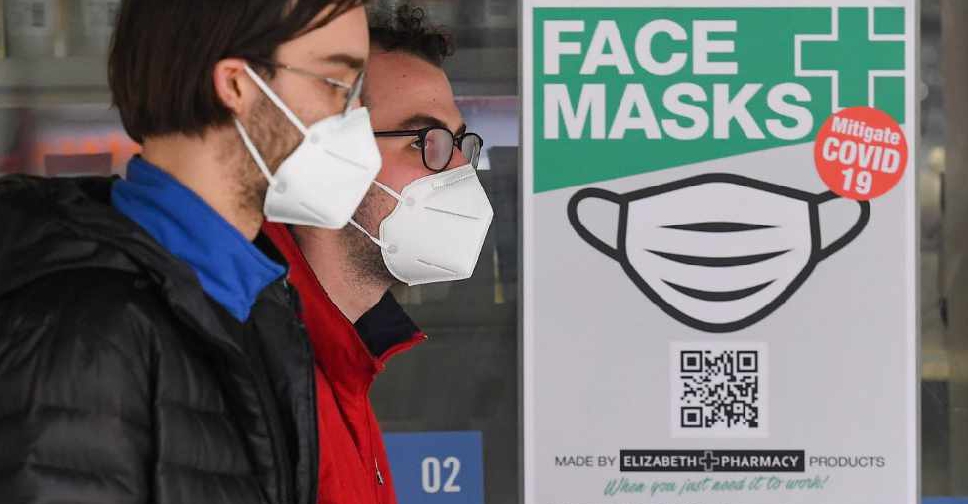
A surge in COVID-19 cases in Australia's Victoria state could take weeks to subside despite a lockdown, the country's acting chief medical officer said on Monday.
Paul Kelly said it would take "weeks" to slow the outbreak to levels seen as recently as June, when Victoria and the rest of Australia reported single or double-digit daily infections.
"We have learned over time that the time between introducing a measure and seeing its effect is at least two weeks and sometimes longer than that," Kelly told Australian Broadcasting Corporation radio.
Authorities in Victoria, whose capital Melbourne is in partial lockdown, reported 275 new COVID-19 cases on Monday, down from a daily record of 438 three days earlier.
The country recorded about 11,800 coronavirus cases with a death toll of 123, a fraction of what has been seen in other countries. In most Australian states the disease has been effectively eliminated.
Less than a month ago, Australia was widely heralded as a global leader in combating COVID-19 but quarantine lapses in Victoria triggered a flare-up in infections in June. An official inquiry into the outbreak began hearings on Monday.
Victoria's government has ordered about five million people into a partial lockdown for six weeks and told residents around Melbourne to wear face masks if they have to leave their homes.
Victorian Premier Daniel Andrews said it was too soon to declare that such measures had flattened the outbreak.
"Until we bring some stability to this, we won't be able to talk about a trend," he said, referring to the drop in daily new cases.
The Victorian outbreak and rising daily cases in neighbouring New South Wales are stoking fears of a national second wave.
NSW reported 20 new infections on Monday, the highest in three months. The transmission rate in the state is higher than in Victoria, despite social distancing restrictions being tightened.
NSW authorities have been unable to trace some of the clusters and state authorities have urged people to avoid unnecessary travel and public transport.



 Israeli attacks on Gaza killed 60 people in 24 hours
Israeli attacks on Gaza killed 60 people in 24 hours
 Trump fires National Security Agency director
Trump fires National Security Agency director
 Israel steps up Syria strikes, says Turkey aims for 'protectorate'
Israel steps up Syria strikes, says Turkey aims for 'protectorate'
 US sending Israel 20,000 assault rifles that Biden delayed
US sending Israel 20,000 assault rifles that Biden delayed



